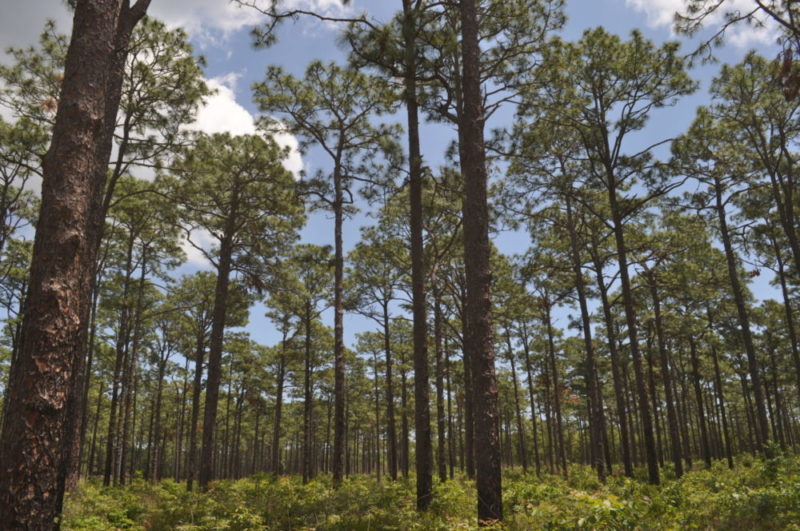
Paper 101
We are diligently proactive and source similar grades of paper from mills with lower carbon emissions than other mills. About 80% of our directly sourced paper for Macmillan USA is derived from sawmill residuals, mostly chipped leftovers from the lumber industry.
Groundwood derived papers are made from mechanically ground or thermo-mechanically treated pulp that contains lignin, which binds the fibers together. Groundwood paper derived from thermo-mechanical pulping typically contains 50% less wood fiber than paper derived from the chemical pulp process used in kraft. We use those mostly in our Trade paperback books and in some of our hardcover books.
Kraft (freesheet) papers are made from pulp that is chemically treated to leave them “free” of lignin. Most of our textbooks are normally printed on kraft coated stock in which case we tolerate lower yield efficiency in lieu of the preferred lower intensity mill(s).
Furthermore, we have selectively reduced the “basis weight” of the dominant grades of paper we use so as to reduce the number of fiber inputs which has the additional benefit of reducing our inbound and outbound transportation emissions. This also slightly reduces the weight of our books in your bag, but the average reader is likely not going to notice this subtle change.
Fiber Testing
Twice a year, Macmillan randomly selects samples of books printed overseas to undergo fiber testing at a laboratory. This testing identifies the species of trees used to make the paper our books were printed on. If we find substantial non-compliance with our Paper Policy, for example, the presence of mixed tropical hardwood fibers then we will investigate the situation and may choose to not continue business with the printer. Of course, some of the identified mixed tropical hardwood fiber may have come from recycled paper inputs. In any event, the presence of mixed tropical hardwood fiber in any 100% virgin paper would be in violation of our Paper Policy.


Certified Paper
Currently, 80% of Macmillan USA’s Trade division’s directly-purchased paper (by weight; net of recycled fiber) comes from fiber harvested from sawmill residuals. These North American forests have been certified to the standards of Forest Stewardship Council (FSC), Sustainable Forestry Initiative (SFI) and/or Programme for the Endorsement of Forest Certification (PEFC). Directly-sourced paper represents about two-thirds of the total paper used in our books for our American market. While we aspire to a 100% sustainability certification target on directly-purchased paper by 2025, it may not, as a practical matter, be a realistic goal because of changes in market availability for our needs. The remaining one-third of our paper is procured by our printers in Asia and Mexico to manufacture many of our color books on either paper or board stock. We require that these printers use FSC-certified paper to ensure the utmost integrity of paper sourcing.
SFI Partnership
In 2012, Macmillan joined with National Geographic, Time Inc. (Meredith), and Pearson as founding partners of the Sustainable Forestry Initiative® (SFI) Forest Partners® Program demonstrating our commitment to sustainable forestry and to increasing the acreage of certified forests under certification. The SFI Forest Partners® Program facilitated the widespread certification of individual forest landowners and smaller paper wood product mills to the SFI standards along with state forests. Partners provided resources for SFI to make certification more efficient and accessible through innovative approaches, shared consulting expertise, group certification and audit coordination. This program was successful in certifying 13 million acres (five million hectares) and more than 70 mills to the SFI Chain-of-Custody Standard and/or the SFI Fiber Sourcing Standard by the end of 2021. Macmillan’s support also helped SFI provide supply chain assurances, conservation leadership, environmental education, and community outreach.
Photo Credit: © SFI: Michelle Johnson, SC State Forest


